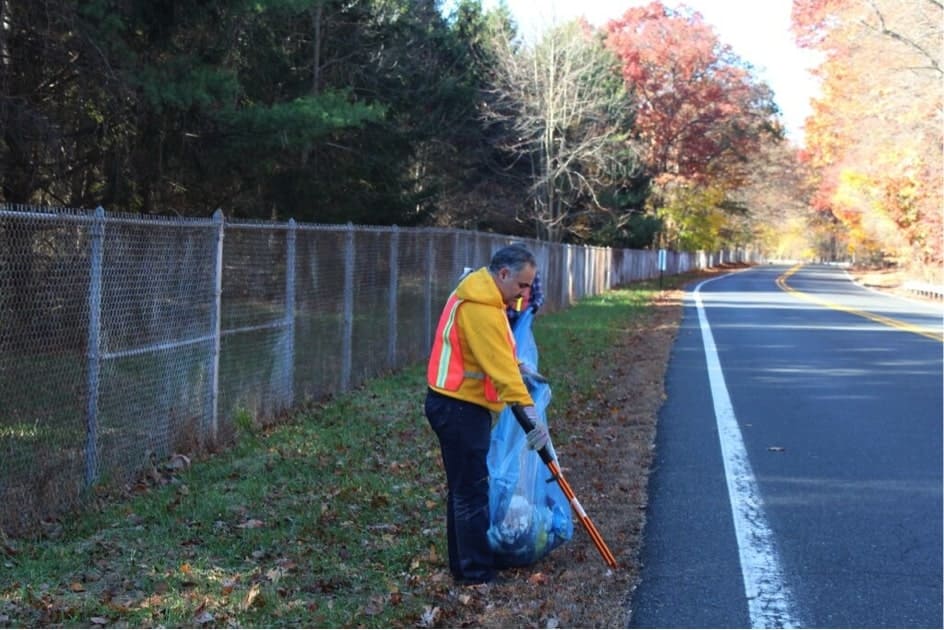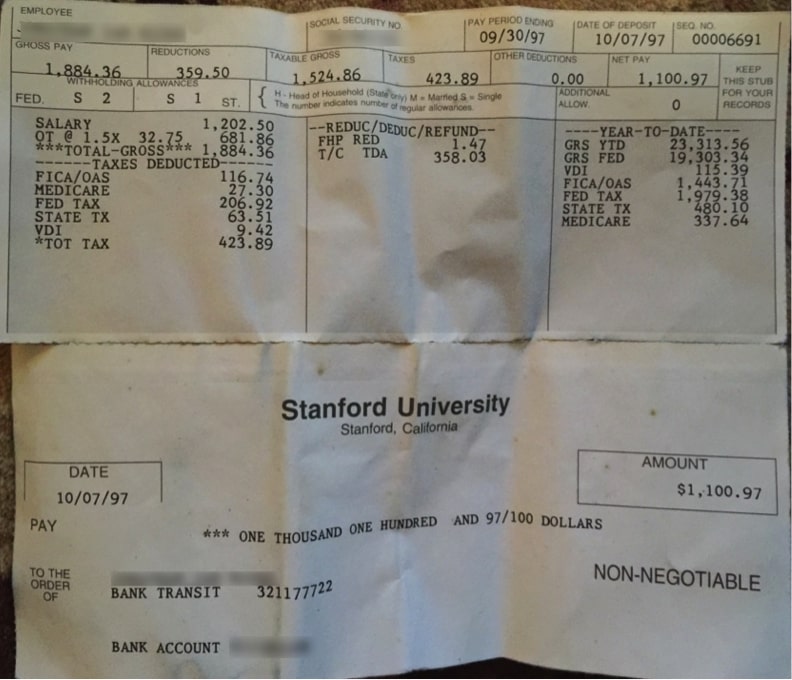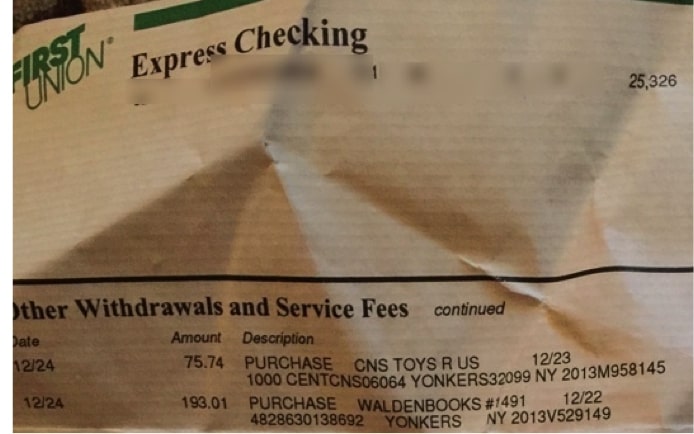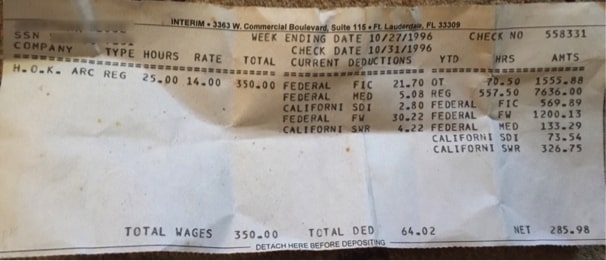This past weekend, I took part in a street cleanup event with my chapter of the Northern Valley Rotary Club. We walked across some roadways picking up trash and recycling left on the side of the road. Most of the items were what you would think: cigarette butts, soda cans, a few beer and liquor bottles, and wrappers.

However, we came across a pattern of paper from the same owner. It seems that this family’s trash had probably fallen off a truck on its way to a dump or recycling center. Even though the documents were 18 years old, they contained some very sensitive information like Bank account numbers and social security numbers.

We even found lease documents, bank statements, and more. Although it was apparent that this person lived in a complete other county and state than where all these documents were found.

Be careful what you throw out…there could be some bits of info in there you do not want to let loose. From a business perspective, it is important to have a proper data and document destruction policy in place to ensure your information does not fall into the wrong hands.

One common policy that organizations can use to deal with sensitive information adopt is a clean desk policy. Essentially it means that no information will be left on top of desks while it is unattended during or at the end of the day.
Companies will also put together shredder bins and have companies come onsite to do the majority of shredding. If you plan to get a shredder to do it yourself, make sure you get a good Micro-cut or Confetti/Cross-Cut Shredder.
Ensure to stay away from Strip-Cut Shredders as the documents can be easily put back together. It is also a good idea to mix non-sensitive information along with your sensitive information while you shred, making it harder to piece info back together.
